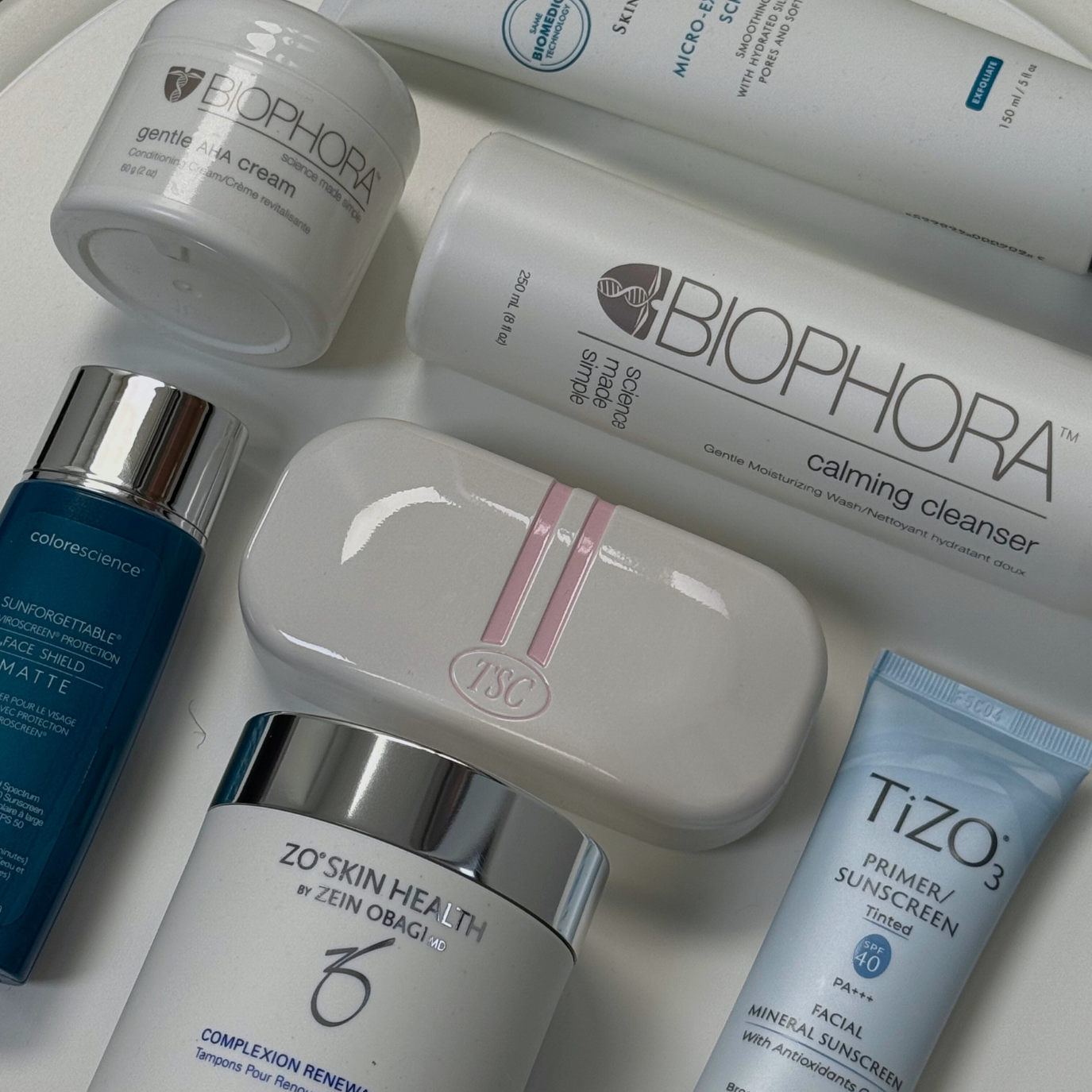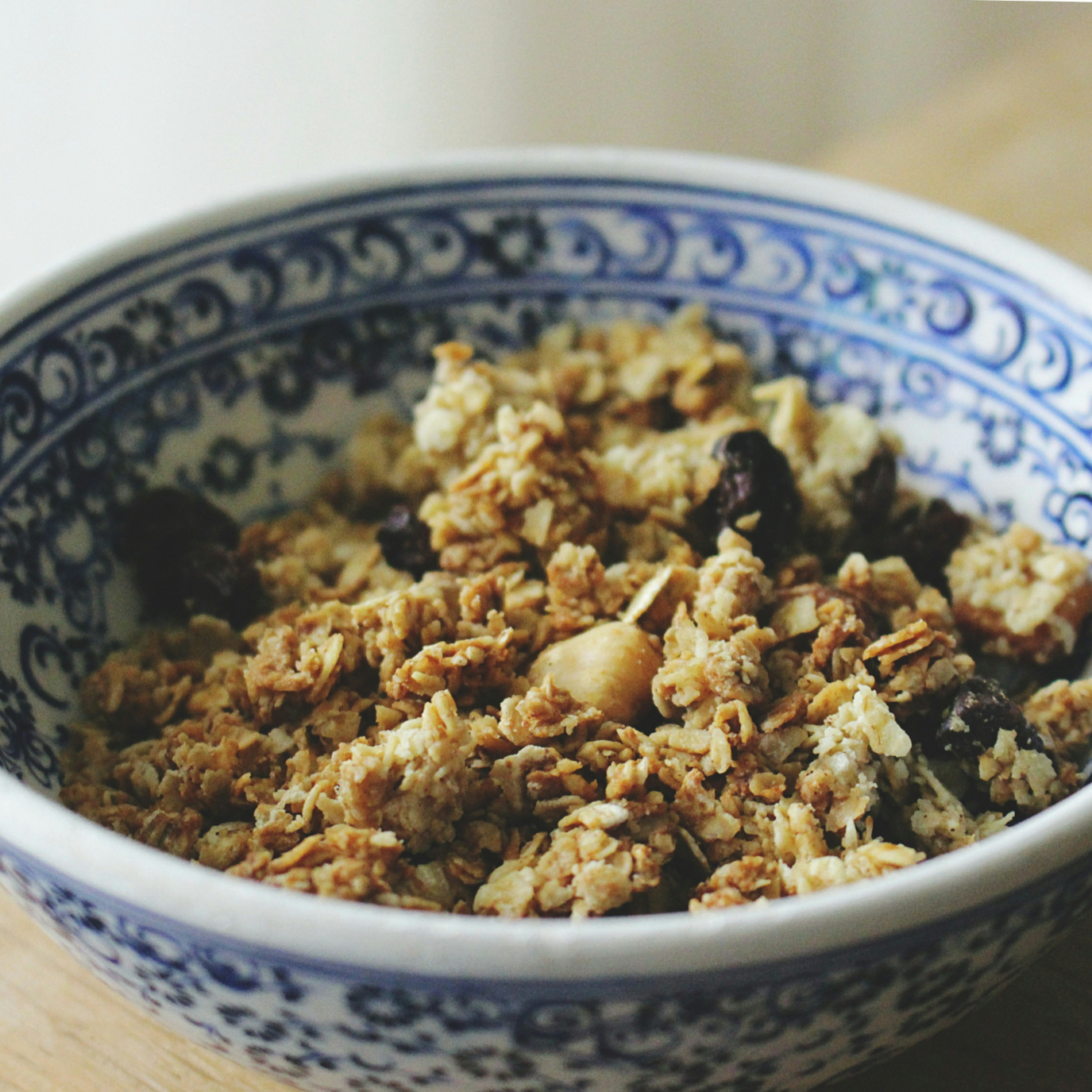
Are Peptides The Missing Ingredient in Your Skincare Routine?
You’re layering on your active ingredients, applying your SPF daily, gently exfoliating regularly, protecting your skin barrier, you're doing all the “right” things, but still not seeing the bounce, glow, or firmness you’re after—peptides might be the missing link.
Peptides have been making waves in the skincare world, and it’s not hype, it’s science-backed. They are powerful, bioactive ingredients that speak your skin’s language—literally. They send targeted signals that can tell your skin to produce more collagen, heal faster, and act younger. Sounds too good to be true? Keep reading.
If your routine is missing that ‘oomph’, that wow-factor improvement, this is your sign to follow the science of peptides, trust us.
Peptides Explained
Peptides are short chains of amino acids—the foundational building blocks of proteins like collagen, elastin, and keratin. These proteins actually maintain your skin’s strength, elasticity, and smooth texture. Unfortunately, our natural production of these proteins slows down as we age—making way for sagging, fine lines, and dullness to start creeping in.
Enter: peptides. When applied topically, they can help trick your skin into thinking it's injured or in need of repair—enabling it to ramp up collagen and elastin production. As usual, I’ve broken down the science on a molecular level to help you understand how this actually happens.
Molecular Signalling, Simplified
Collagen is a massive protein structure made of tightly packed amino acids. When collagen breaks down—due to age, sun, stress, etc.—the fragments that result are naturally occurring peptides. Your skin interprets these fragments as a signal that more collagen needs to be produced.
What makes peptides truly powerful—and might I add fascinating—is their ability to mimic those natural fragments. When you apply a medical-grade peptide-infused serum or cream, your skin reads it as a “damage signal.” It responds by producing more collagen and elastin to repair the perceived damage—resulting in firmer, plumper, more resilient skin over time.
Some peptides also act as neurotransmitter inhibitors, helping to relax facial muscles and soften the look of dynamic wrinkles (like crow’s feet or forehead lines). Others have anti-inflammatory properties or help strengthen the skin barrier. It all depends on the type of peptide used.
Most Common Peptides Found in Skincare Products
- Signal peptides: Stimulate collagen and elastin production (e.g., palmitoyl pentapeptide-4).
- Carrier peptides: Deliver essential minerals to support skin repair (e.g., copper peptides).
- Enzyme-inhibitor peptides: Slow the breakdown of collagen (e.g., soybean peptides).
- Neuropeptides: Help relax expression lines (e.g., argireline, often called “Botox in a bottle”).
The key to peptides’ effectiveness is consistency. They only work when they’re part of your ongoing regimen, layered correctly with hydrating and barrier-supporting ingredients.
If your skin is showing any of the following signs:
- Fine lines
- Loss of firmness and elasticity
- Skin that looks tired even when you’re not
- Inflammation or sensitivity
- A compromised skin barrier
…peptides are likely a smart, and overdue, addition.
Pro tip: Peptides are excellent post-treatment. If you’ve just had microneedling, for example, your skin is already in repair mode, so using a peptide during recovery can not only complement your treatment, but it can also help accelerate healing.
Not All Peptide Products Are Created Equally
Medical-grade products undergo clinical testing and offer proven, scientifically-backed results.
Look for brands that take formulation seriously and combine peptides with complementary ingredients like niacinamide, hyaluronic acid, vitamin C, or ceramides to enhance absorption and efficacy.
Here are a few of my curated BSE picks:
- Vivier C E Peptides – My personal fave that I always replenish. It combines vitamin C and peptides for even skin tone and fine line defence.
- Environ Peptide Enriched Frown Serum – A unique combination of three wrinkle-fighting peptides: Acetyl Hexapeptide-8 (Argireline®), Pentapeptide-18 (Leuphasyl®), Dipeptide Diaminobutyroyl Benzylamide Diacetate (SYN®AKE).
- Biologique Recherche Crème Biofixine – Enriched with Myorelax Peptide, known for its relaxant effects on the micro-contractions that lead to wrinkles and fine expression lines to form.
Peptides are highly active, scientifically-backed molecules that help your skin stimulate repair, build back strength, and improve tone. And, unlike more aggressive actives, they’re generally well-tolerated and gentle enough for most skin types.
Till next time,
Gabriella











Leave a comment